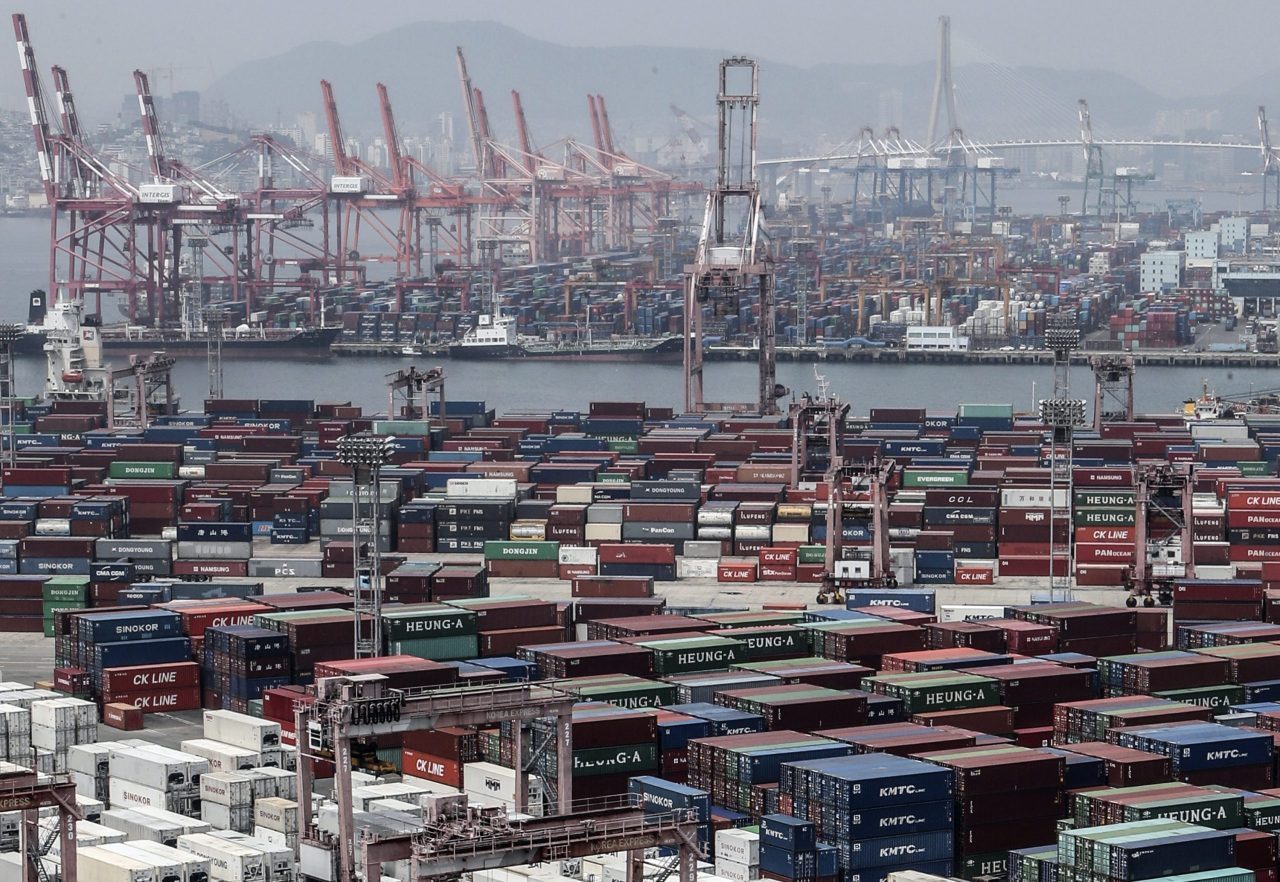Businesses’ 2021 wish: Clear line between politics and economy
By Song Su-hyunPublished : Dec. 31, 2020 - 15:11

Deregulation is what South Korean business entities want badly for the new year, with many of them raising concerns about a slew of legislation that they say will constrain business activities.
According to New Year’s messages from heads of the country’s major business lobby organizations, Korean companies are calling on the government to cut them some slack in operating their businesses in the harsh environment that is expected to unfold amid the COVID-19 pandemic throughout 2021.
Park Yong-maan, chairman of the Korea Chamber of Commerce and Industry, said in his New Year’s message, “Economic issues, hopefully, should be separated from politics in the New Year and afterwards.”
Park mentioned numerous political events, including mayoral by-elections in Seoul and Busan as well as the 2022 presidential election race.
His words appeared to target the recent unilateral legislative moves by ruling party politicians.
“To make our economy and society mature, autonomous norms are needed instead of regulations and compulsion,” Park said. “Companies need advice and encouragement to set up their own rules rather than forced laws.”
Sohn Kyung-shik, chairman of the Korea Employers’ Federation, expressed concerns in his message about the latest legislation constraining business activities and called for deregulation.
“In 2020, a bulk of bills including the revised commercial law and labor union law were legislated,” Sohn said. “In 2021, regulations should be eased to have economic players focus on their activities with assurance about the future, and the corporate tax scheme should be improved.”
The revised commercial and fair trade laws need supplementary measures, he added.
“Introduction of collective litigation, enhancement of punitive damages, punishment of companies that caused major disasters and others should be reconsidered seriously,” Sohn said.
Huh Chang-soo, chairman of the Federation of Korean Industries, said “2021 could be the year when businesses are at the crossroads of life and death.”
“The people, businesses and the government as a trinity need to make the business environment fit global standards,” Huh said.
If Korea fails to innovate the industrial structure, the country could lose the next 10 or 20 years, he stressed.
“The government should lift the shackles of regulation on companies, and support them to show their entrepreneurship.”
Kim Ki-mun, chairman of the Korea Federation of SMEs, pledged to “block legislation of any new regulations and reinvent current regulations.”
Regarding the law that would penalize companies for causing disasters, Kim said, “We will stop discussing it, or make efforts to allow SMEs to do their business at least.”
“Companies die when they stop operations,” said Kang Ho-gap, chairman of the Federation of Middle Market Enterprises of Korea. “Today and tomorrow of the Republic of Korea cannot be monopolized either by the power, politics, press or anyone else. No self-righteousness, obstinacy and indiscretion can justify the fact.”
By Song Su-hyun (song@heraldcorp.com)






![[From the Scene] Monks, Buddhists hail return of remains of Buddhas](http://res.heraldm.com/phpwas/restmb_idxmake.php?idx=644&simg=/content/image/2024/04/19/20240419050617_0.jpg&u=20240419175937)




![[Graphic News] French bulldog most popular breed in US, Maltese most popular in Korea](http://res.heraldm.com/phpwas/restmb_idxmake.php?idx=644&simg=/content/image/2024/04/18/20240418050864_0.gif&u=)



![[From the Scene] Monks, Buddhists hail return of remains of Buddhas](http://res.heraldm.com/phpwas/restmb_idxmake.php?idx=652&simg=/content/image/2024/04/19/20240419050617_0.jpg&u=20240419175937)

![[KH Explains] Hyundai's full hybrid edge to pay off amid slow transition to pure EVs](http://res.heraldm.com/phpwas/restmb_idxmake.php?idx=652&simg=/content/image/2024/04/18/20240418050645_0.jpg&u=20240419100350)

![[Today’s K-pop] Illit drops debut single remix](http://res.heraldm.com/phpwas/restmb_idxmake.php?idx=642&simg=/content/image/2024/04/19/20240419050612_0.jpg&u=)